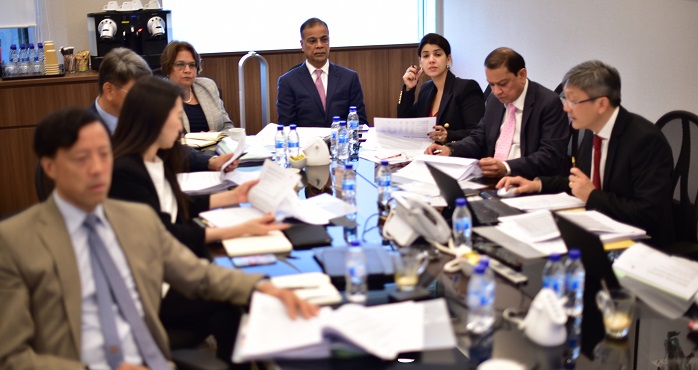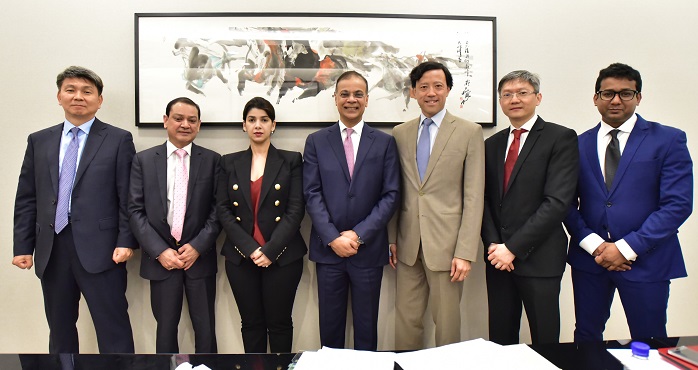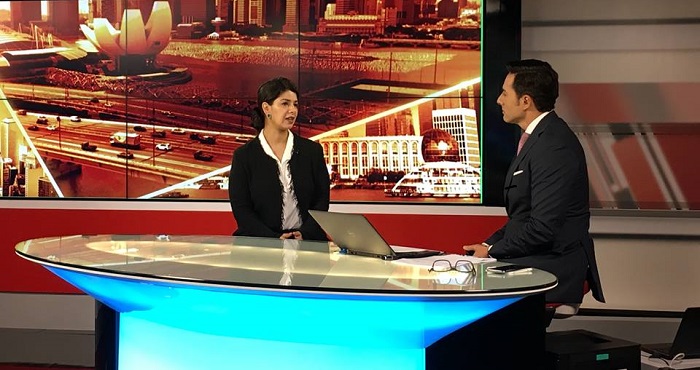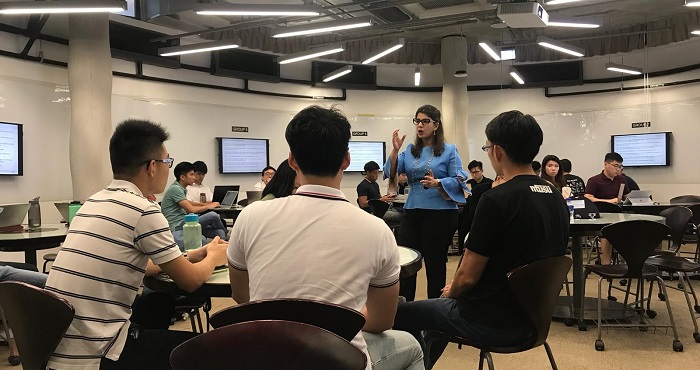Sumeet Thakur: You’re not only a CEO, you’re a CEO in a business that’s fairly dominated by men, at least on the construction side and the engineering side. How has that impacted your leadership and what do you feel you’ve brought in as a female CEO as opposed to being just a CEO to your company?
Ayesha: One of the things that I notice everywhere is that when I walk into a room, where most people don’t know me, there isn’t anybody who thinks that the CEO is walking in, and that affects you. That subconscious message that comes to you that you need to make a statement, you need to prove yourself with every time you take a new step, every time you run a Board meeting, every time you run a conference, every time you’re speaking, that the most likely assumption in the back of people’s minds is either she’s the CFO which is a role much more common for females – or, most likely, multiple times, that I’m just the assistant walking in with the man to support him. It’s very difficult to brush that off, it’s very difficult to ignore that, it’s very difficult to say that it’s not an important consideration. We have to be sensitive to it.
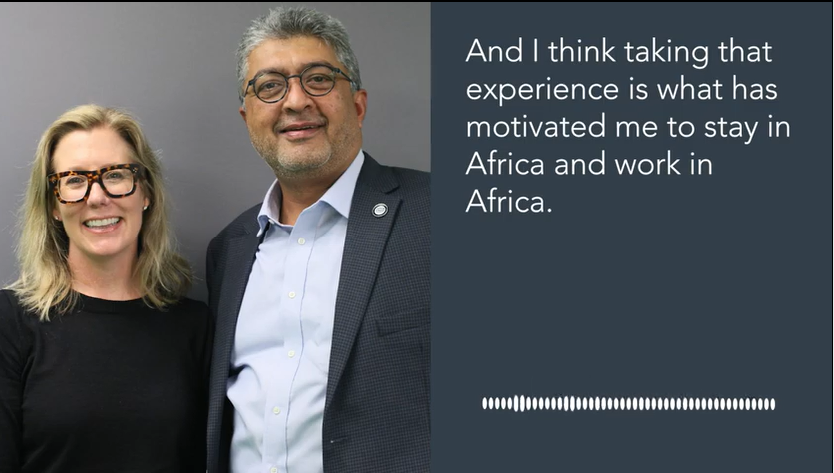 https://commdev.org/wp-content/uploads/2019/08/Satyam-Mary.png
473
834
James Frazier
James Frazier2019-08-05 11:49:172019-08-05 11:50:35Satyam Ramnauth & Mary Porter Peschka
https://commdev.org/wp-content/uploads/2019/08/Satyam-Mary.png
473
834
James Frazier
James Frazier2019-08-05 11:49:172019-08-05 11:50:35Satyam Ramnauth & Mary Porter Peschka
